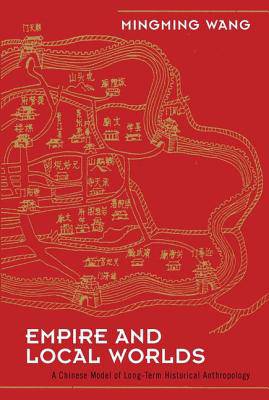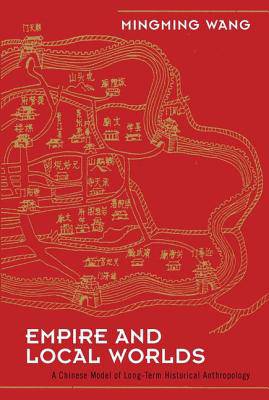
- Afhalen na 1 uur in een winkel met voorraad
- Gratis thuislevering in België vanaf € 30
- Ruim aanbod met 7 miljoen producten
- Afhalen na 1 uur in een winkel met voorraad
- Gratis thuislevering in België vanaf € 30
- Ruim aanbod met 7 miljoen producten
Zoeken
€ 209,45
+ 418 punten
Uitvoering
Omschrijving
Mingming Wang, one of the most prolific anthropologists in China, has produced a work both of long-term historical anthropology and of broad social theory. In it, he traces almost a millennium of history of the southern Chinese city of Quangzhou, a major international trading entrepot in the 13th century that declined to a peripheral regional center by the end of the 19th century. But the historical trajectory understates the complex set of interrelationships between local structures and imperial agendas that played out over the course of centuries and dynasties. Using urban structure, documentary analysis, and archaeological artifacts, Wang shows how the study of Quangzhou represents a Chinese template for civilizational studies, one distinctly different from Eurocentric models propounded by such theorists as Sahlins, Wolf, and Elias.
Specificaties
Betrokkenen
- Auteur(s):
- Uitgeverij:
Inhoud
- Aantal bladzijden:
- 344
- Taal:
- Engels
- Reeks:
Eigenschappen
- Productcode (EAN):
- 9781598744040
- Verschijningsdatum:
- 1/06/2009
- Uitvoering:
- Hardcover
- Formaat:
- Genaaid
- Afmetingen:
- 155 mm x 231 mm
- Gewicht:
- 539 g

Alleen bij Standaard Boekhandel
+ 418 punten op je klantenkaart van Standaard Boekhandel
Beoordelingen
We publiceren alleen reviews die voldoen aan de voorwaarden voor reviews. Bekijk onze voorwaarden voor reviews.











